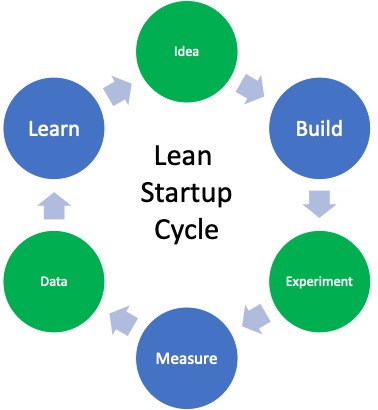Unveiling Alternative Funding Options for Nigerian Startups (Part 2)
Choosing the right funding source is crucial for the success of any Nigerian startup. This article explores various funding options, enabling you to make informed decisions and find the best fit for your financial needs.
Funding Options for Nigerian Startups:
| Funding Option | Description | Advantages | Disadvantages |
|---|---|---|---|
| Self-Funding | Utilizing personal savings or assets to finance your startup | * Autonomy and control * Fosters a sense of ownership * Learn from mistakes | * Limits initial growth potential |
| Friends & Family | Friends and family can be a valuable source of early-stage funding | * Fueled by trust and belief in your vision | * Emotional ties can complicate business decisions * Repayment expectations can strain relationships |
| Peer-to-Peer (P2P) Lending | Online platforms connect startups with individual lenders | * Flexibility and faster access to funds | * High-interest rates * Risk of default by lenders |
| Angel Investors | Wealthy individuals who invest in high-growth startups in exchange for equity | * Valuable mentorship and connections | * High expectations * May require significant equity ownership |
| Venture Capital (VC) | VC firms invest large sums of money in startups with exceptional growth potential | * Rapid expansion | * Loss of control for founders * VCs seek significant equity and influence over strategic decisions |
| Crowdfunding | Raising funds from a large pool of people online for a specific project or goal | * Validate your idea * Generate initial buzz | * Challenging to reach funding target * May need to offer rewards or equity to attract investors |
| Venture Debt | Debt financing specifically designed for startups that have already secured VC funding | * Additional capital between funding rounds | * High-interest rates * Requires strong financials to qualify |
Choosing the Right Funding Source:
The ideal funding source depends on your specific needs and stage of development. Here are some key factors to consider:
Export to Sheets
- Stage of Development: Bootstrapping is suitable for early-stage ideas, while VC funding caters to established startups with high-growth potential.
- Amount of Funding Required: Consider your funding needs to determine if bootstrapping, P2P lending, or angel investment is sufficient, or if VC funding is necessary.
- Control and Ownership: Bootstrapping and self-funding offer maximum control, while VC funding often involves relinquishing significant ownership.
- Risk Tolerance: Bootstrapping and friends & family funding involve lower risk, while VC funding and venture debt come with higher financial risk.
Conclusion:
Carefully evaluate your funding options and choose the one that best aligns with your startup’s goals and risk tolerance. Consider seeking professional advice from financial consultants or startup incubators to navigate the funding landscape effectively.
By understanding the available funding sources and their advantages and disadvantages, you can make informed decisions to fuel your Nigerian startup’s growth and success.
NB: The information contained in this article does not culminate into a legal advice/opinion. Please contact us if you require any further information or assistance.










